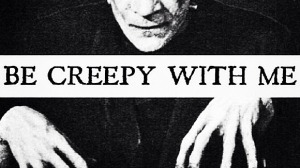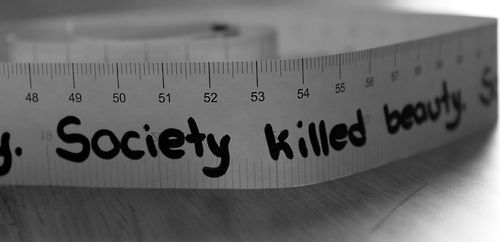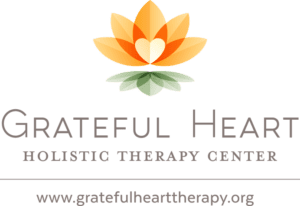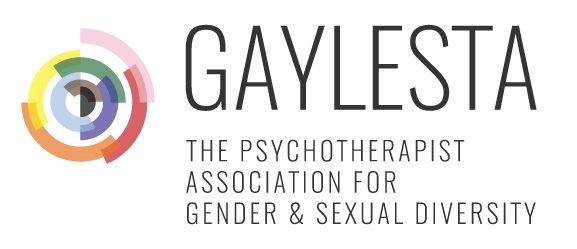I recently attended the Queer Astrology Conference in San Francisco. It was a lovely space for astrologers of all flavors to convene, learn, and have lively discussion. I was struck by the comfort and acceptance I felt there, because that is not something I experience often in groups of people, let alone a group of strangers. I had the distinct sense that I belonged there, that these are my people. And yet I have never identified as queer.
In his lecture “Mars and the Politics of Difference,” Barry Perlman identified Mars as a symbol of individual separation and change, fighting against the convention and status quo of society, which is Saturn’s domain. He argued that when there is a group that is trying to struggle against the larger social structure, eventually that group would take on a Saturnine quality, and someone within would take on the Martian role and proclaim that the group was not addressing all the issues that this individual cared about. He saw this as problematic within the queer movement because it is subversive by nature, and many of its members desire social change in many arenas. Everyone will have their pet cause that is not getting attention. In short, you can’t please all of the queer folks all of the time.
This got me thinking: what is my pet cause? It would have to be civil rights and resisting ableism; it’s what affects me most personally and one of the things that activates my Mars. But I don’t like the idea that it is something that doesn’t fly under anyone else’s banner. I’m not saying Barry was arguing against intersectionality; I think everyone in that room would agree that all the “-isms” have far-reaching effects beyond the populations they nominally oppress. But I want to go a step further. I want to say that ableism intersects with every other dimension of identity. It is an intrinsic force that affects you and your community, no matter who you are.
People talk about access in social justice circles as an abstract concept; for me it is literal. When I see a set of stairs leading to the entrance of a building, it might as well be a sign saying We don’t want your kind here. Because of this concretization of a basic human right, we cannot talk about any kind of access without talking about ableism. We cannot speak of equality without speaking of disablement. Ableism is a fundamental system of exclusion that intersects race, gender, sexuality, class, or any other identity you can think of. It reifies the notion of normalcy that has our culture in a stranglehold. And anyone can become disabled, physically, psychologically, socially; naturally or accidentally, temporarily or permanently, at any time, regardless of any other privilege or status they may hold in society.
Christopher Renstrom eloquently spoke on “The Problem of the Gay Signature: Unearthing the Queer Archetype in Astrological History and Culture.” One of the planets that has been particularly associated with queerness is Uranus. Uranus is the social rebel, the one who brings unashamed individuality in the face of convention; it’s the cowlick that refuses to be combed down. Uranus rejects that Saturnine notion of normalcy. Uranus has a better vision for the future. The link to the queer movement is clear; and I think the link to the disability movement is just as clearly Uranian.
Filax & Taylor (2014) describe the similar connotations given to both female bodies and disabled bodies, which then extend to assumptions about mental capacity and psychology. I would argue that this prejudice extends to the queer body as well (while not minimizing the sexism that places extra burden on the female queer body). They go on to expand the definition of disability, invoking the social model: disability is not a physiological characteristic, but more of a social reaction to someone who is identified as disabled. Society creates disability by not providing equal access. This definition would include a lot of folks beyond those conventionally thought of as disabled.
I think queer folks are disabled by mainstream society. I think disabled folks are socially queer (the term neurodivergent exemplifies this). Societal beliefs and attitudes are the common denominator here. We are the freak show of the mainstream (don’t even get me started on American Horror Story). We receive the projection of their shadow, the fear of the disruption of their “normal” lives; the fear of difference, isolation, dependency, subversion, loss of control. We actually hold a lot of power when you think about it.

I have felt a growing affinity with the queer community for many years. Some of my strongest allies have been queer. I think there is a certain shared experience of our place in society. We both know what it’s like to be judged and excluded simply for existing as we are. Expected to explain and justify our existence, why we look or act the way we do.
We certainly don’t have to explain anything, but we can share with those who are willing to listen. Let’s let our Uranian freak flags fly! There is a better way, and we’re living it by supporting each other.








4 thoughts on “Similar in Our Difference: A Call for Inter-Community Solidarity”